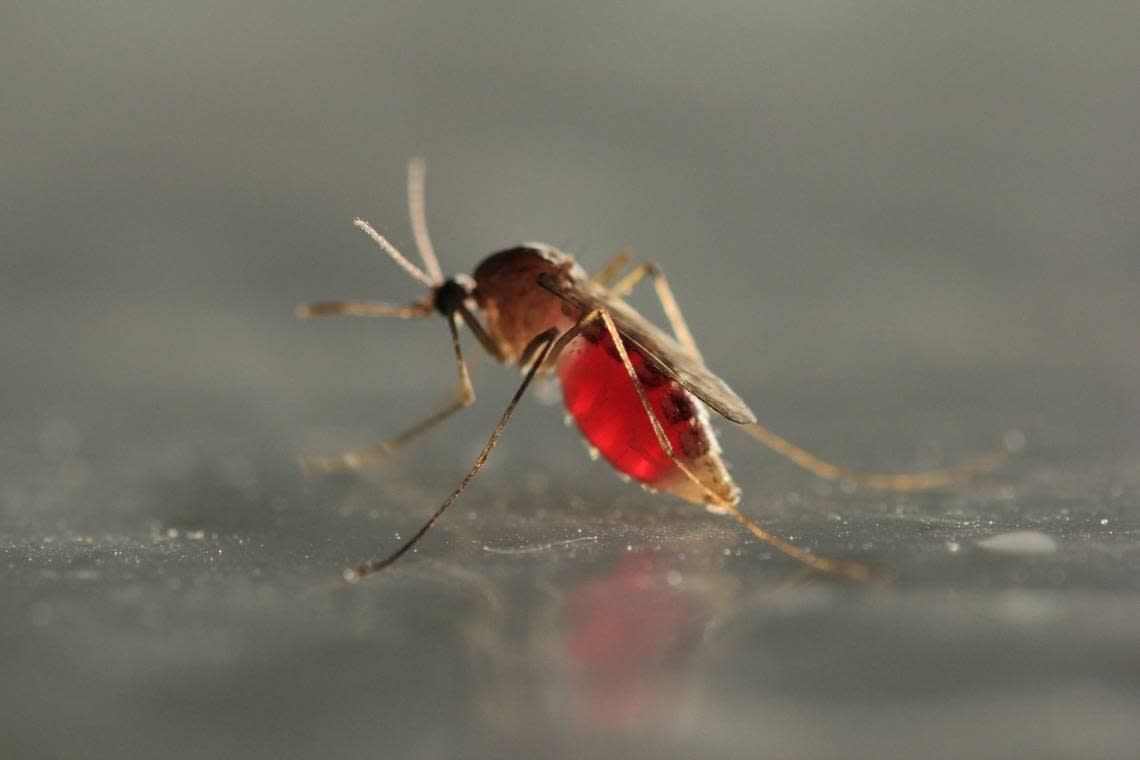Four more Miami-Dade residents have West Nile virus, bringing total to 18 infections

Health officials have confirmed four more local cases of West Nile virus in Miami-Dade County, bringing the county total to 18 residents.
On Friday, the Florida Department of Health in Miami-Dade County confirmed four more residents have the West Nile virus infection from local transmission.
Miami-Dade’s first two cases of West Nile virus were detected in May, both in county residents and through local transmission. On June 11, health officials reported two more cases of the virus. On June 25, 10 more residents were confirmed to have the virus.
The county’s mosquito-control chief, William Petrie, said last week that this summer’s resurgence of West Nile probably reflects the heavy rains that cause mosquito populations to explode. More mosquitoes mean more mosquito bites, increasing the odds of infection.
The county has been placed under a mosquito-borne-illness alert. The health department said West Nile virus is the leading cause of mosquito-borne disease in the United States. There are no vaccines to prevent it or medications to treat it.
Health officials are reminding residents to “Drain and Cover.” Drain standing water in garbage cans, gutters, buckets, pools, coolers, birdbaths and pet water bowls. Also throw away old tires, drums, bottles, cans and other broken appliances.
Cover skin with clothing and apply repellent. Officials advise using repellents with DEET, picaridin, oil of lemon eucalyptus, para-menthane-diol and IR3535.
Fewer than 1% of people who contract the virus develop a serious or fatal illness. People with mild symptoms usually recover within a week with treatment. People over 60 and those with weakened immune systems are at an increased risk for severe disease, health officials said.
Roughly 1 in 5 of those infected develop a fever or other symptoms, such as headaches, pain and fatigue. Symptoms typically appear between two and 14 days after the infected mosquito bites.

